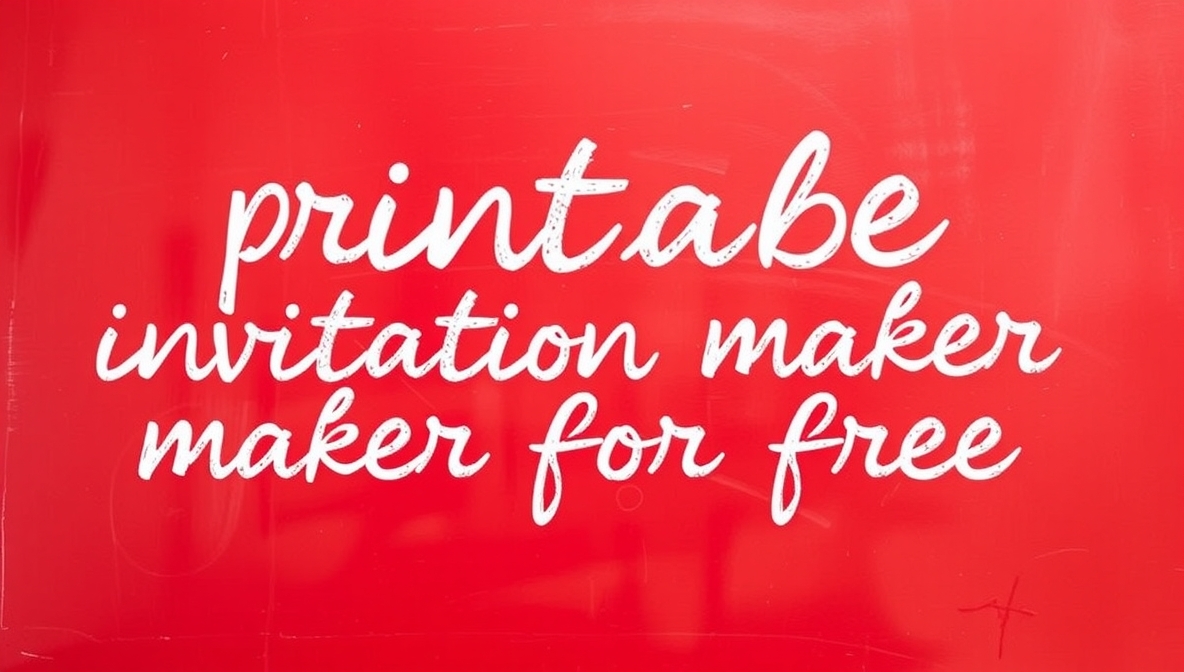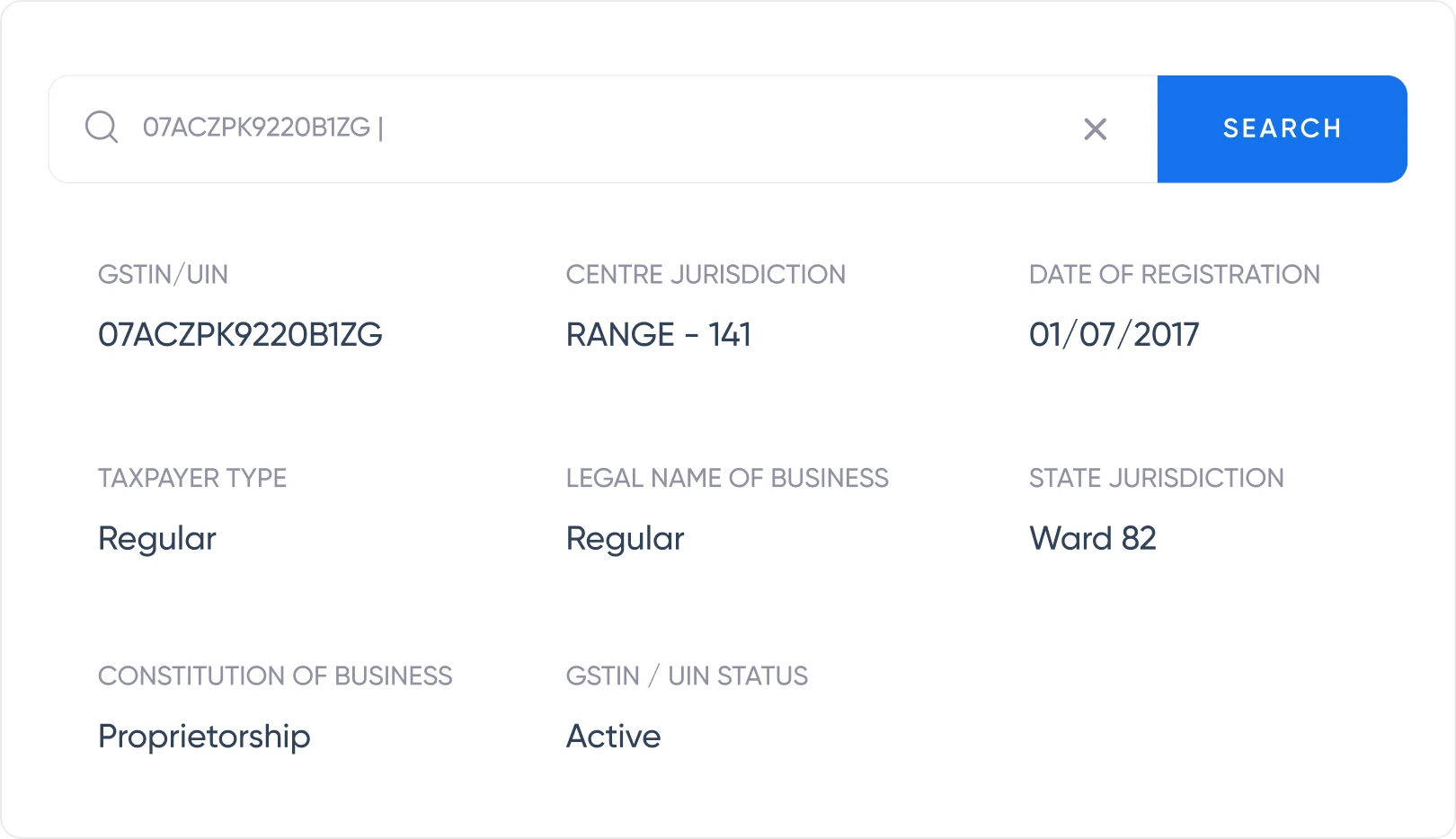People over paper is a simple but powerful idea that puts humans first, not just official records or documents. In many places, people can feel worried or unsafe when rules, ID cards, or papers decide if they are welcome. But life is more than just paperwork. It is about real families, real stories, and real safety. When neighbors care for one another, they build trust and support. People over paper reminds us that communities grow strong when we listen, protect, and share help with each other. It is about valuing people’s lives more than checking papers. This idea is especially important for families who feel scared of being judged only by what documents they have. It shows that kindness and togetherness are always more powerful than fear.
People over paper also teaches us that information can help communities stay safe and prepared. Today, tools like maps, hotlines, and shared updates allow neighbors to quickly warn each other about risks. Instead of only trusting official reports, people can tell their own stories and share what they see. This makes a circle of care where everyone looks after one another. It also shows the power of technology when it is used for good, like protecting families from surprise troubles. People over paper means lifting each other up, giving support when times are hard, and making sure no one feels alone. When communities share knowledge and stay connected, they become stronger, braver, and more united.
What Does People Over Paper Really Mean?
People over paper is a way of thinking that values people more than documents, rules, or official papers. It reminds us that every person has a story, feelings, and needs that cannot be captured on forms or ID cards. This idea is especially important for families and communities who might feel judged or left out because of paperwork. People over paper focuses on trust, care, and support. It teaches that human connection is stronger than any rule. When communities act with kindness and help one another, they can solve problems together, share resources, and keep everyone safe. The approach also encourages listening to people’s experiences and giving help where it is needed most, showing that being compassionate and alert to each other’s needs is far more valuable than just checking papers or following strict rules.
How People Over Paper Helps Families Feel Safe
People over paper helps families feel safe by creating a network of care and awareness. Instead of relying only on official sources, neighbors and community members can share updates, warnings, and advice. This keeps everyone informed about potential risks and helps prevent misunderstandings or harm. Families feel more confident when they know someone is watching out for them, ready to help if there is trouble. It also allows children and adults to feel secure because the focus is on their well-being, not just their documents. People over paper creates a sense of belonging where everyone is valued for who they are, not what papers they have. By prioritizing people, communities grow stronger, more trusting, and better prepared to face challenges together, making life safer and happier for everyone.
The Role of Community Support in People Over Paper
Community support is at the heart of people over paper. When neighbors check on each other, share helpful information, and offer assistance, everyone benefits. Families can rely on each other during emergencies, celebrations, or daily life. Supportive communities make people feel valued, connected, and safe. It also reduces stress and fear, especially for those who might feel excluded due to legal or official requirements. People over paper encourages teamwork, empathy, and communication. By helping each other, communities grow resilient and prepared for unexpected problems. This shared care ensures that no one is left alone and shows that human relationships matter more than paperwork. Everyone becomes part of a safety net that strengthens bonds and builds trust, creating a stronger, healthier community for all.
Why Sharing Information Matters More Than Documents
Sharing information is a key part of people over paper because knowledge keeps communities safe. When people share updates about events, risks, or changes, everyone can make smarter decisions. Families can avoid danger, plan ahead, and support each other. This is more important than relying only on official documents that may be slow or incomplete. People over paper shows that communication and awareness are powerful tools for safety and trust. It also helps neighbors understand each other’s situations and create helpful solutions. Sharing information strengthens relationships, reduces fear, and makes communities more connected. By valuing real-time updates and human experiences, people over paper ensures that people’s safety and well-being are the main priority, above rules, paperwork, or formal approvals.
People Over Paper and the Power of Kindness
Kindness is at the center of people over paper because caring for each other builds stronger communities. Small acts, like checking on a neighbor or sharing helpful advice, show that people matter more than paperwork. This approach reduces stress, fear, and isolation. People over paper teaches that empathy and understanding are more valuable than strict rules. By practicing kindness, communities create trust, connection, and safety for families. Children, adults, and elders all benefit when they feel supported and valued. Even small gestures can have a big impact on someone’s life. People over paper demonstrates that when communities choose compassion over bureaucracy, everyone feels respected, protected, and part of a united group that looks out for each other.
How Technology Supports the Idea of People Over Paper
Technology can help communities practice people over paper by sharing updates and warnings quickly. Online maps, social media posts, and messaging apps allow neighbors to alert each other about potential risks or support needed. This makes people feel safer and more informed than relying only on official documents or announcements. Technology also helps families connect with resources like legal aid, hotlines, or community groups. People over paper uses these tools to protect lives, not just track paperwork. By combining human care with digital tools, communities stay stronger, connected, and prepared. Technology becomes a helpful bridge for communication, safety, and support, ensuring that people are always prioritized and that everyone can look out for each other in real-time.
Building Strong Communities Through People Over Paper
Strong communities are built when people over paper is the guiding principle. When neighbors check in, share information, and offer help, everyone benefits. Families feel safe, supported, and included. People over paper reduces fear and stress by showing that human connection matters more than rules or papers. Community events, shared updates, and acts of kindness make bonds stronger. Everyone learns to trust, cooperate, and work together. This approach helps prevent isolation and ensures that no one is left behind. By focusing on people first, communities grow resilient, caring, and capable of solving problems together. People over paper creates a lasting impact by promoting empathy, communication, and safety for everyone.
People Over Paper: A Lesson in Unity and Care
People over paper teaches us the importance of unity and caring for others. It reminds us that every person has value beyond documents or status. When communities come together, share resources, and help each other, everyone feels safer and happier. This approach reduces fear and isolation, giving families confidence and hope. People over paper encourages listening, empathy, and mutual support. By focusing on relationships rather than paperwork, communities grow stronger, more trusting, and united. It also teaches children and adults the importance of kindness and helping one another. In times of trouble or celebration, people over paper ensures that everyone is included, protected, and valued for who they are.
Conclusion
People over paper shows us that caring for people is always more important than checking papers or rules. When communities help each other, share information, and show kindness, everyone feels safe and happy. It teaches us that human connection is stronger than any document or official form.
By practicing people over paper, families feel supported, children feel safe, and neighbors trust each other more. It is a simple idea, but it makes communities stronger, kinder, and closer. Everyone has a role in looking out for one another.
FAQs
Q: What is people over paper?
A: It is the idea of valuing people more than documents or rules.
Q: How does people over paper help communities?
A: It helps by creating trust, sharing information, and supporting each other.
Q: Who can use people over paper?
A: Everyone can use it to care for families, neighbors, and friends.
Q: Why is sharing information important in people over paper?
A: It keeps people safe and connected, more than relying on official papers.
Q: Can technology support people over paper?
A: Yes, tools like maps, hotlines, and messaging apps help communities stay informed and safe.




